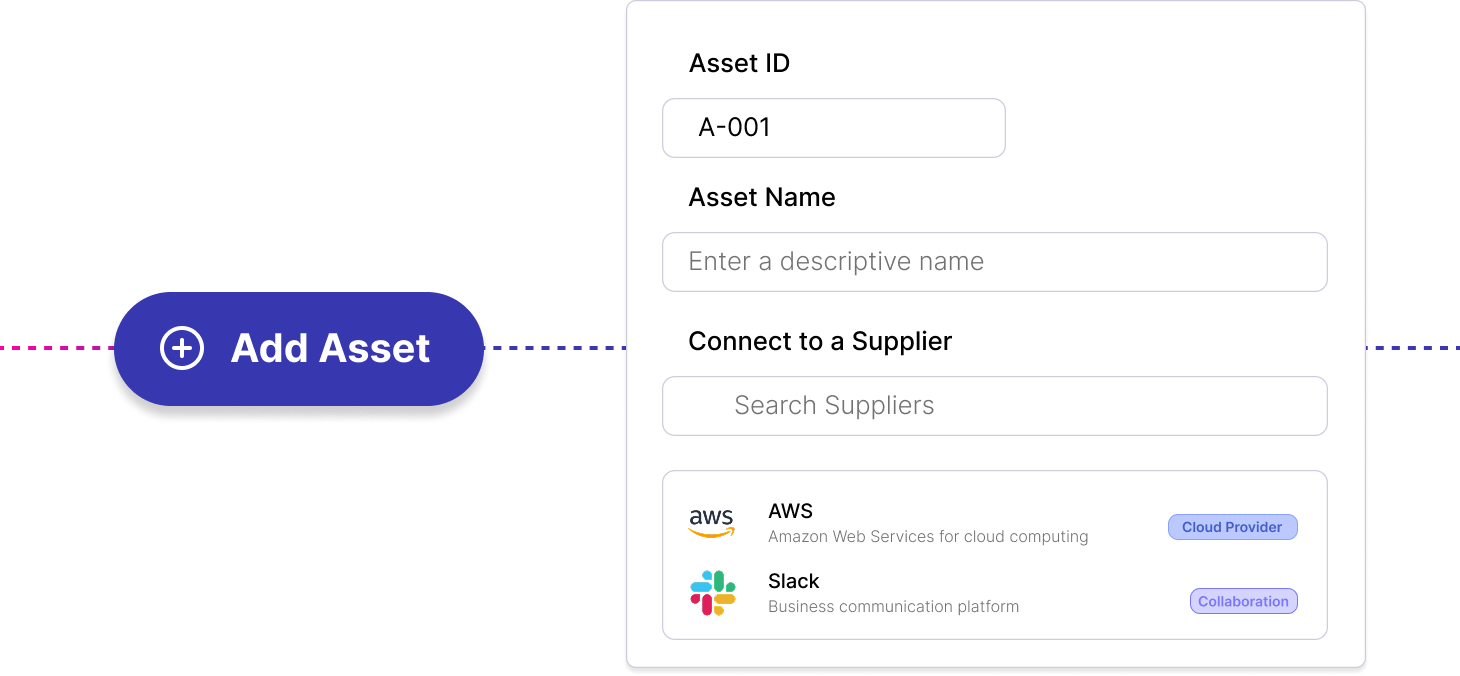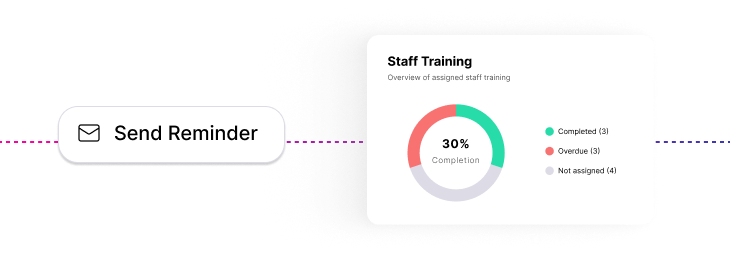
DCB0129 Clinical Risk Management: An Introduction to Clinical Safety for Healthtech Companies
DCB0129 explained: the clinical risk management steps, the CSO and the key deliverable documents (Hazard Log, Safety Case) you need for NHS deployment
Dr. Rosie Taylor•Feb 19, 2026
DCB0129 Clinical Risk Management: An Introduction to Clinical Safety for Healthtech Companies






